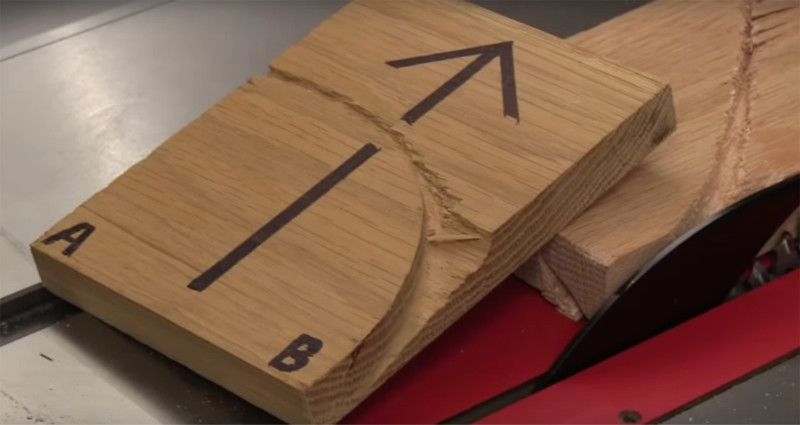There's always a "power tools v hand tools" debate at times like these.
I admire people who have the TIME to learn hand tool skills.
For sad people like me, fairly new to woodworking, I use power tools to save me both time and money.
Learning to use handtools is admirable, but takes a lot of time and destroys a lot of wood (you should see my efforts at hand planing edges!)
I have a DW745 table saw, no it doesnt get used every day, but when it is used, it SAVES me a day!
A router table is something I could not work without, but so is a bandsaw and bench mounted belt sander.
If you want to LEARN woodworking, then spend the time to master the handtools (dont forget it was only 50 years ago that an apprenticeship was 5 years of 44 hour weeks).
44x50x5 = 11,000 HOURS to get qualified (2 weeks annual holidays taken into account)
If you want to MAKE STUFF, then theres no no shame in having power at your elbow. =D> 8)
I admire people who have the TIME to learn hand tool skills.
For sad people like me, fairly new to woodworking, I use power tools to save me both time and money.
Learning to use handtools is admirable, but takes a lot of time and destroys a lot of wood (you should see my efforts at hand planing edges!)
I have a DW745 table saw, no it doesnt get used every day, but when it is used, it SAVES me a day!
A router table is something I could not work without, but so is a bandsaw and bench mounted belt sander.
If you want to LEARN woodworking, then spend the time to master the handtools (dont forget it was only 50 years ago that an apprenticeship was 5 years of 44 hour weeks).
44x50x5 = 11,000 HOURS to get qualified (2 weeks annual holidays taken into account)
If you want to MAKE STUFF, then theres no no shame in having power at your elbow. =D> 8)


































